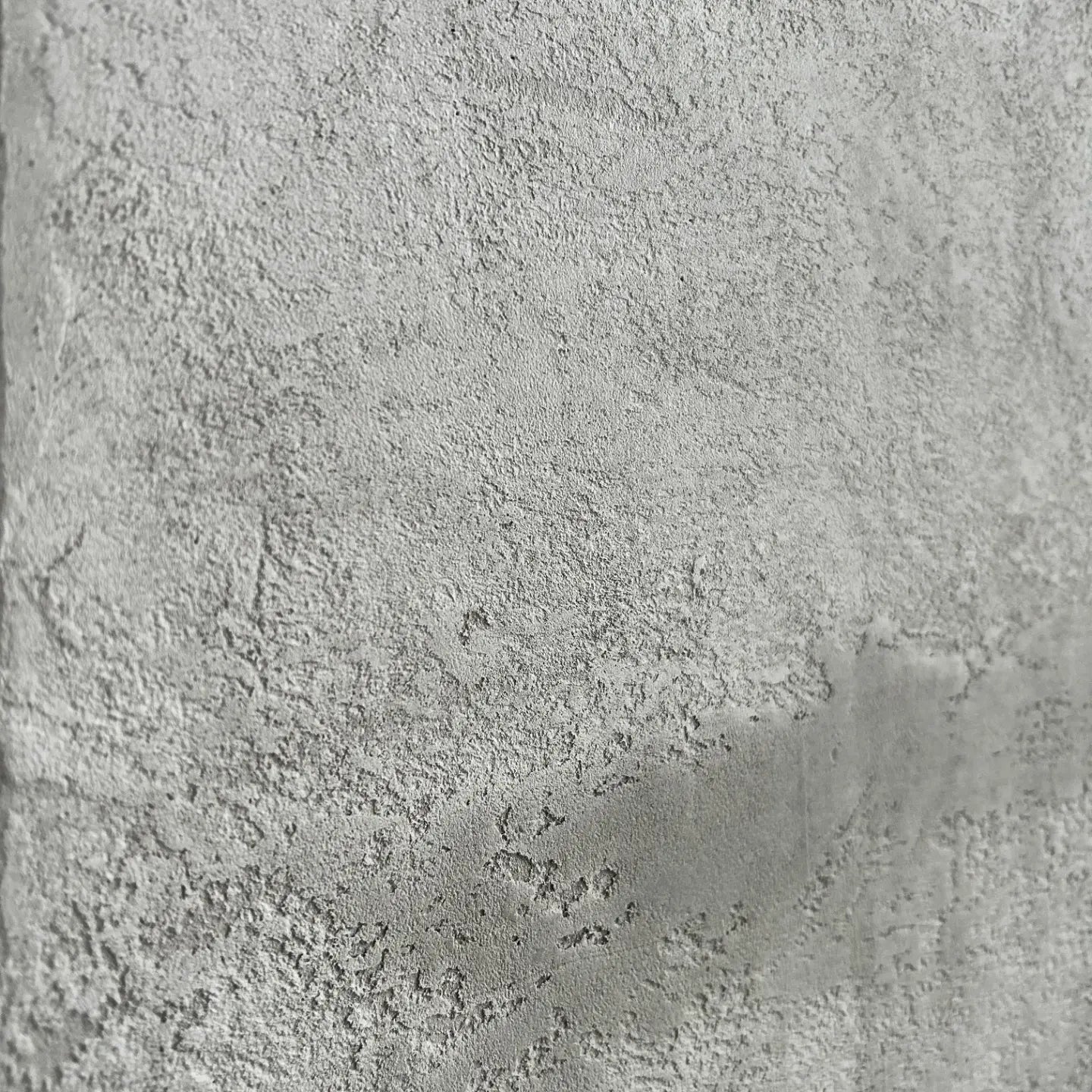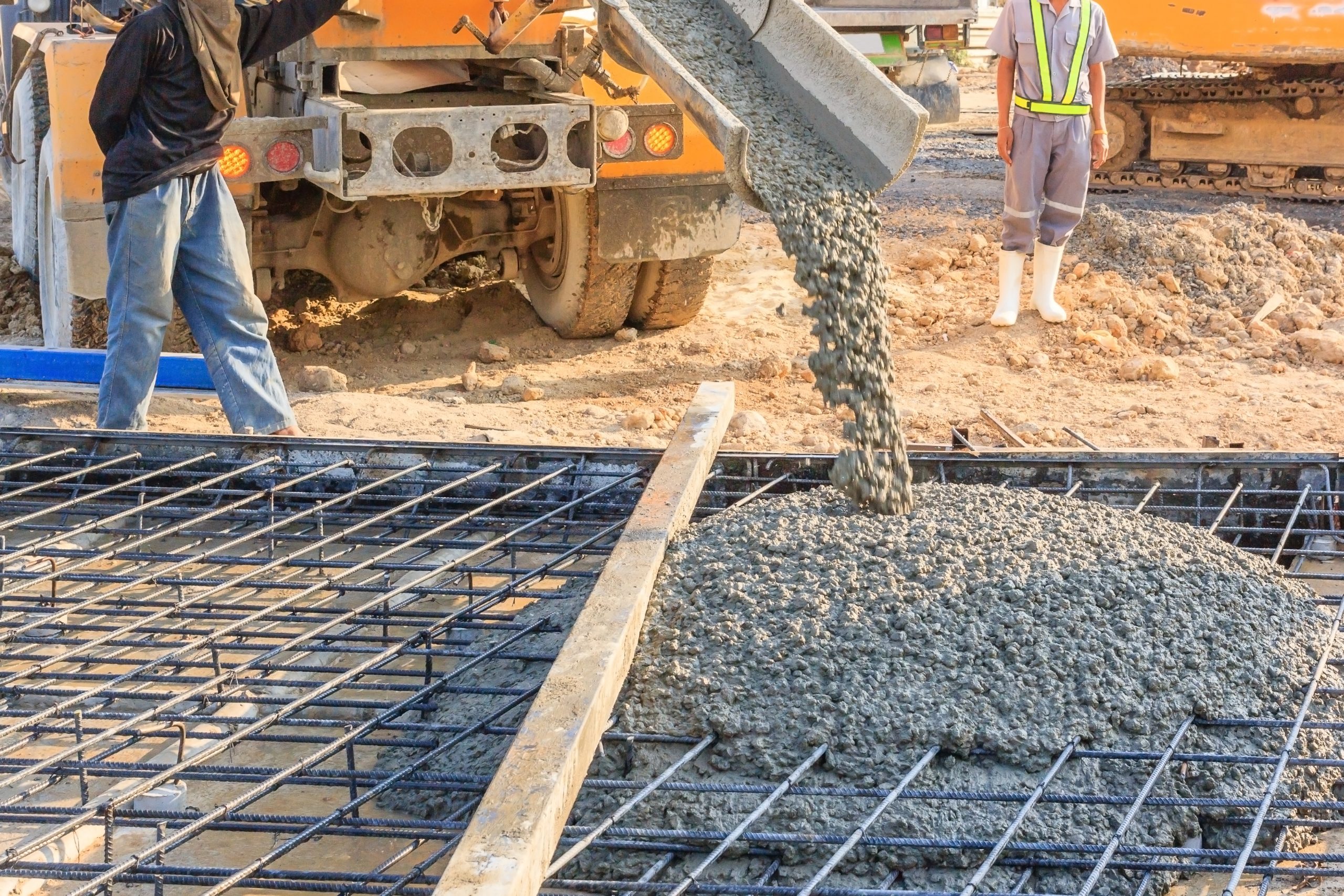Revealing the Eco-Friendly Advantages of Utilizing Recycled Concrete in Lasting Building And Construction Practices
In the realm of lasting construction practices, the utilization of recycled concrete stands as a critical yet typically undervalued resource. Beyond its conventional applications, recycled concrete offers a myriad of environment-friendly benefits that prolong far beyond the boundaries of traditional building products. From lowering environmental effect to enhancing cost-efficiency, the implications of including recycled concrete in sustainable building practices are considerable. This functional material not only addresses pressing environmental worries but additionally offers a sensible option to the difficulties encountered by the construction market at large.
Environmental Advantages
By including recycled concrete into construction practices, there is a considerable reduction in the requirement for new raw products, leading to preservation of natural sources. Furthermore, the usage of recycled concrete decreases the amount of waste being sent out to garbage dumps, therefore minimizing environmental pollution and relieving the stress on landfill capabilities (Concrete).

Moreover, the manufacturing of conventional concrete is a significant resource of carbon emissions due to the energy-intensive procedure of concrete manufacturing. In contrast, recycled concrete has a lower carbon footprint as it reduces the demand for brand-new concrete production. This reduction in carbon discharges adds to mitigating environment adjustment and sustains sustainable construction techniques. Generally, the environmental benefits of using recycled concrete are considerable and play an important role in advertising environment-friendly building and construction techniques.
Cost-Efficiency
Achieving cost-efficiency is an extremely important consideration when examining the use of recycled concrete in construction projects. One of the crucial benefits of making use of recycled concrete is its cost-effectiveness contrasted to standard concrete.
Additionally, the usage of recycled concrete can bring about financial savings in land fill expenses by diverting concrete waste from disposal sites. This not just minimizes the ecological effect however additionally removes the expenses related to waste removal. The toughness and efficiency of recycled concrete are similar to traditional concrete, guaranteeing that cost savings do not jeopardize the top quality of the building.
Toughness and Stamina
Recycled concrete deals similar, if not premium, sturdiness and stamina properties to standard concrete - Concrete. Through improvements in handling techniques and top quality control, recycled concrete can meet or surpass the performance requirements of conventional concrete.

Waste Reduction
When it comes to utilizing recycled concrete, waste look here decrease is an essential benefit that adds significantly to ecological preservation. By incorporating recycled concrete into construction tasks, this waste is repurposed and drawn away from garbage dumps, decreasing the overall ecological influence of building activities.
Recycled concrete not only helps in reducing the amount of waste that ends up in land fills however likewise preserves natural deposits by decreasing the need for brand-new aggregate materials. This process of waste decrease promotes a circular economy within the building and construction industry, where materials are reused and recycled to develop a much more sustainable sector. In addition, making use of recycled concrete can bring about cost savings for construction jobs, as it is commonly much more budget friendly than sourcing and delivering brand-new materials. In conclusion, waste decrease through the use of recycled concrete is an important element of sustainable building practices that profits both the construction and the setting industry in its entirety.
Energy Conservation
When it comes to making use of recycled concrete in construction, significant power cost savings are achieved compared to typical concrete manufacturing. The procedure of producing recycled concrete involves squashing and recycling existing concrete products, which eats less energy than mining, processing, and transporting raw materials for brand-new concrete manufacturing.
Verdict
In final thought, the usage of recycled concrete in sustainable building and construction techniques supplies various environmental advantages, cost-efficiency, longevity, stamina, waste reduction, and power preservation. By incorporating recycled concrete right into building tasks, we can add to a much more lasting and eco pleasant future. It is crucial for the building and construction market to focus on the use of recycled products to aid minimize the environmental influence of building tasks.
One of the vital advantages of making use of recycled concrete is its cost-effectiveness compared to typical concrete.Additionally, the usage of recycled concrete other can lead to financial savings in landfill prices by diverting concrete waste from disposal websites. The longevity and performance of recycled concrete are equivalent to conventional concrete, making certain that cost financial savings do not compromise the top quality of the construction.
